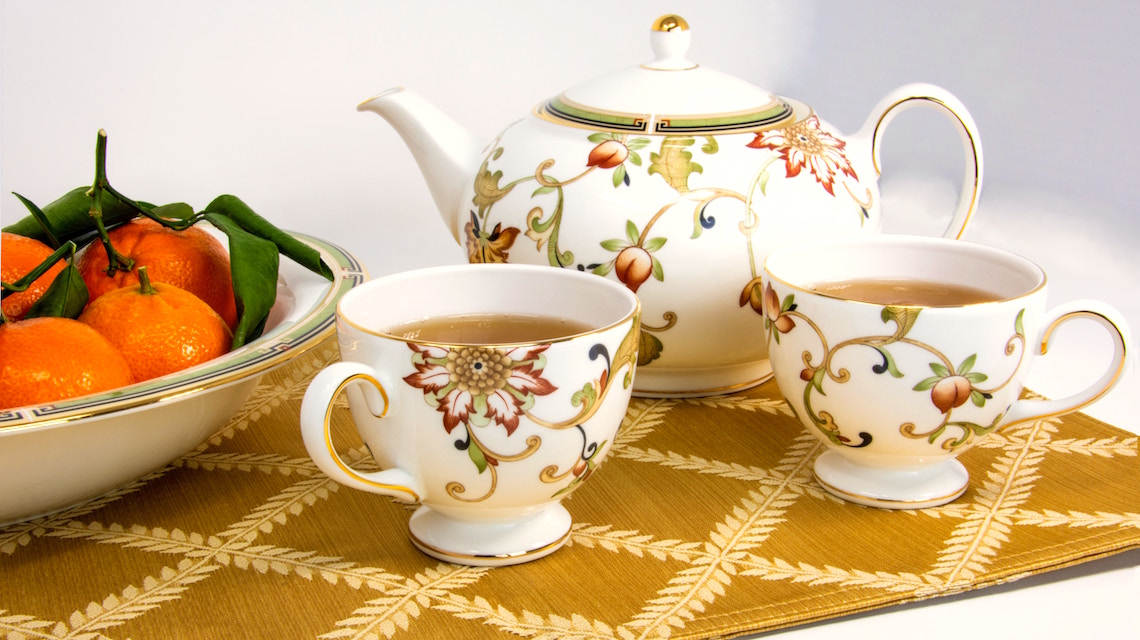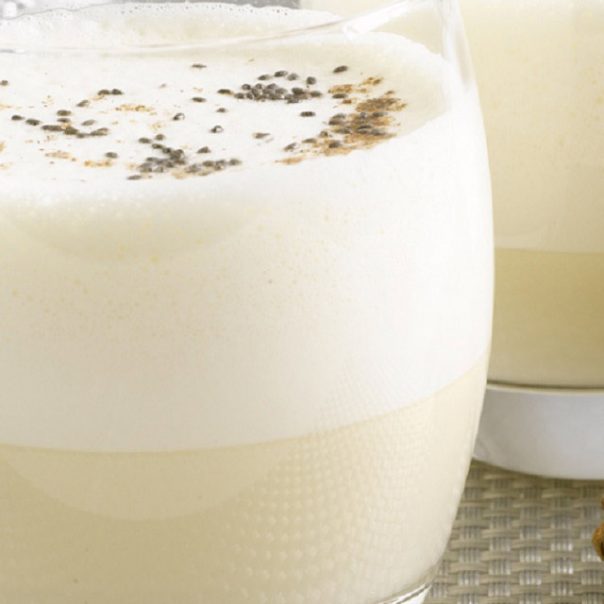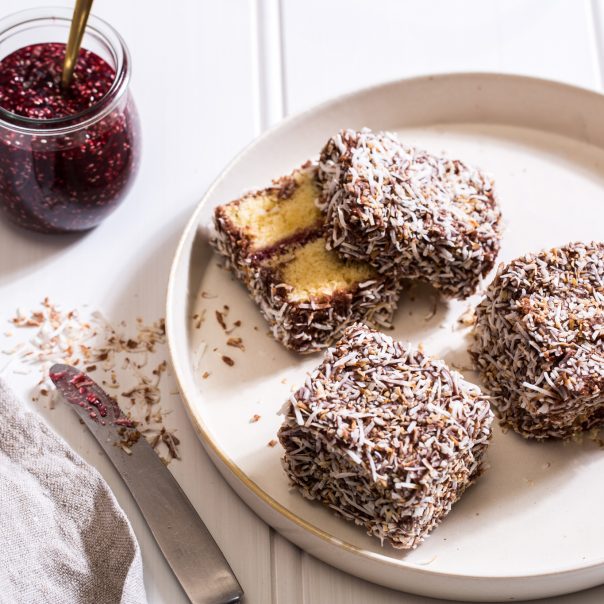Sometimes, there is nothing better, or more soothing than a nice cup of tea. Often associated with slowing down and taking a break, the ritual of a good brew can offer us some much-needed downtime and a chance to reflect.
Blending myth and fact, the history of tea can be dated back to 2737 B.C.E where, according to Chinese legend, Emperor Shen Nong, a skilled ruler and scientist, accidentally discovered tea when a leaf from an overhanging wild tea tree drifted into his pot of boiling water. Sounds a little too convenient? Perhaps. But, no matter how it started, tea is now considered the most widely consumed beverage in the world today next to water, refreshing us from morning to night with countless variations of whole leaf tea blends, herbs, and spices.
The great news about all this tea drinking is that the benefits can go far beyond simple refreshment. There is plenty of research showing that drinking tea can provide a host of positive health benefits, too.
Tea Contains Antioxidants
Catechins, a type of disease-fighting flavonoid and antioxidant, are the keys to tea’s health benefits. Here’s a tip: Tthe longer you steep the tea, the more flavonoids you’ll get in your brew.
Tea has less Caffeine than Coffee
Herbal tea blends generally have no caffeine, while traditional teas have less than half of what typically is found in coffee. That means you can consume it all day long without getting the pesky side effects of too much caffeine consumption.
Tea can be Good for your Heart
Drinking 3-4 cups of tea per day has been shown to potentially reduce the risk of a heart attack. Research has also shown that tea might also help protect against cardiovascular and degenerative diseases.
Tea is Hydrating
Thankfully, tea is a low-caffeine drink, so the diuretic effect is minimal. On the whole, tea gives your body much more water than it causes your body to lose. So drinking hot tea or iced tea can help to hydrate your body.
The beauty of tea is that it isn’t just good for consuming — there are plenty of other practical uses for tea around the home that’ll be sure to have you stocking up:
Cleaning
Tea is astringent, which makes it a great solution to cut through grease and dust, and it even helps make furniture shine. You can use cold, brewed tea to clean wooden floors, furniture, windows and mirrors.
Deodorizer
To make your room smell fresh, place unused tea bags in certain areas to clear the air. If there is something specific you want to freshen up, like a pair of shoes, then place a tea bag in it to absorb the smell.
Dyeing
Tea dyeing is a great way to give fabrics an old, antique look. This process is best on small projects and not recommended for anything large. Tea can leave spots over the fabric and give you an uneven colour, which can be great for costumes or dress-ups.
Hydrating dry skin
Re-brew used tea bags to refresh parched skin. Allow the tea to cool, then pour it into a spray bottle. Then just spritz it onto your skin. Any tea will do, but the antioxidants in green tea are particularly effective for rehydrating dry skin!


